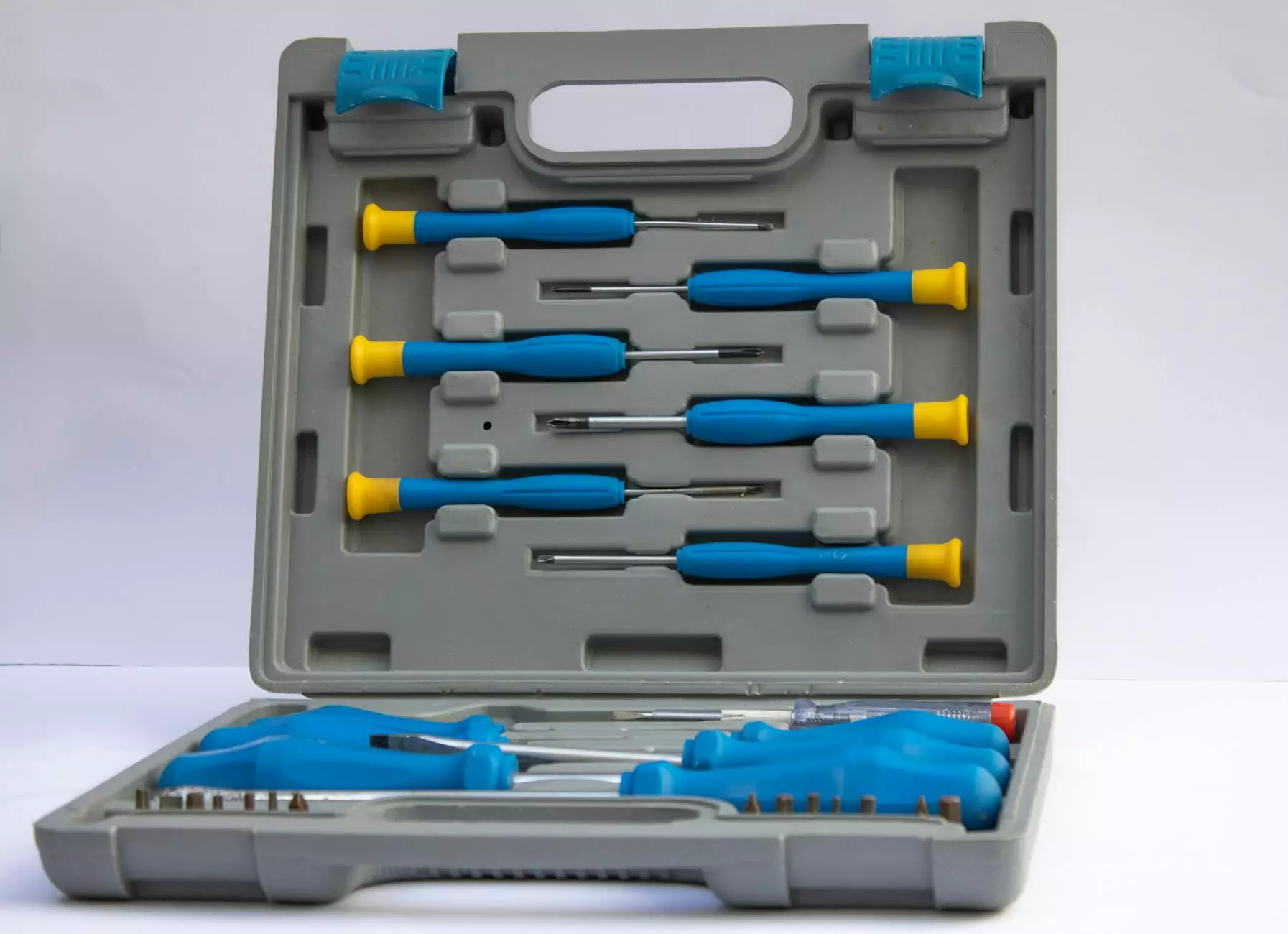Understanding Plastic Surgery Surgical Instruments

Plastic surgery surgical instruments are an integral part of modern medicine, particularly in the realm of cosmetic and reconstructive procedures. The precision and effectiveness of these instruments can significantly influence the outcomes of surgeries, making it critical for healthcare professionals to use high-quality tools tailored for their specific needs.
The Role of Plastic Surgery Surgical Instruments
In the field of plastic surgery, the primary aim is to enhance or restore the appearance and function of various body parts. The instruments used for these procedures must be exceptionally designed to provide the surgeon with the necessary control, precision, and safety. The evolution of surgical instruments over the years reflects advancements in technology and a deeper understanding of human anatomy.
Types of Plastic Surgery Surgical Instruments
There are several categories of plastic surgery surgical instruments, each designed for specific functions during surgical procedures. Below are some of the most commonly used types:
- Scalpels: Precision cutting tools used for making incisions into skin and tissues.
- Scissors: Various types of scissors, such as metzenbaum and mayo scissors, are designed for different types of cutting tasks.
- Forceps: Essential for grasping and holding tissues during surgery. They ensure a firm grip without causing damage.
- Needle Holders: Specialized forceps designed to hold suture needles while suturing tissues together.
- Hemostats: Clamps used to control bleeding by occluding blood vessels.
- Electrocautery Tools: Instruments used to cut tissue and coagulate blood simultaneously using electrical currents.
- Retractors: Devices that hold back tissues or organs, providing visibility and accessibility to the surgical site.
Importance of Quality in Surgical Instruments
Quality in surgical instruments is non-negotiable. Poor-quality instruments can lead to surgical failures, increased recovery times, and complications from infections. Hence, purchasing from reputable suppliers like New Medic Instruments ensures that healthcare providers have access to instruments that meet rigorous standards.
Factors to Consider When Selecting Instruments
When selecting plastic surgery surgical instruments, it's essential to consider the following factors:
- Material: Instruments made from high-grade stainless steel resist corrosion and maintain their sharpness over time.
- Design: Ergonomic designs improve a surgeon's grip and reduce fatigue during lengthy procedures.
- Reusability: Instruments that can be sterilized and reused vs. single-use instruments can affect cost and environmental impact.
- Vendor Reliability: Choosing reputable vendors ensures the instruments are made with quality craftsmanship.
- Regulatory Compliance: Instruments should comply with relevant health regulations and standards.
Innovations in Plastic Surgery Surgical Instruments
The medical field continually evolves, and so do plastic surgery surgical instruments. Innovations significantly enhance surgical practices, improve patient outcomes, and reduce recovery times. Below are some notable advancements:
Minimally Invasive Techniques
Minimally invasive procedures, such as laparoscopic surgery, have gained popularity due to their reduced recovery times and lower risks of complications. This has led to the development of specialized instruments designed for small incisions. These tools often feature:
- Articulated tips for better maneuverability.
- Advanced camera systems that offer enhanced visualization of surgical sites.
- Integrated energy devices that combine cutting and coagulation functions.
3D Printing in Surgical Instruments
3D printing technology is revolutionizing the production of plastic surgery surgical instruments. This technology allows for:
- Customized instruments tailored to specific surgical needs.
- Rapid prototyping of new designs that surgeons can evaluate.
- Cost-effective production processes that lower overall expenses.
Training and Education in Using Surgical Instruments
Proper training and education on the use of plastic surgery surgical instruments are crucial for surgeons and healthcare professionals. Understanding how to effectively and safely utilize these tools can directly impact surgical success.
Simulation Training
Many surgical residency programs are now incorporating simulation training, which allows trainees to practice with instruments in a controlled environment. This method helps in:
- Improving dexterity and familiarity with various instruments.
- Reducing errors during live surgeries.
- Building confidence before handling actual patients.
Continuous Education and Updates
In addition to initial training, healthcare professionals must engage in ongoing education to stay up-to-date with the latest advancements in plastic surgery surgical instruments and techniques. Regular workshops, seminars, and online courses can facilitate this learning process.
The Future of Plastic Surgery Surgical Instruments
The future of plastic surgery surgical instruments is poised for exciting developments. Some anticipated trends include:
- Smart Instruments: The integration of sensors and connectivity in surgical tools is expected to enhance precision and provide real-time feedback during procedures.
- Biodegradable Materials: As the healthcare industry seeks sustainable practices, there is a growing interest in instruments made from environmentally friendly materials.
- Telemedicine and Remote Surgery: The possibility of remote operations through robotic systems offers fascinating prospects for the field.
Conclusion
In conclusion, plastic surgery surgical instruments play a vital role in ensuring the success of cosmetic and reconstructive procedures. As technology advances, the quality, design, and functionality of these instruments continue to improve, ultimately benefiting both surgeons and patients. By choosing top-quality instruments from trusted suppliers such as New Medic Instruments, healthcare professionals can enhance their surgical practices and achieve better patient outcomes.
Investing in the right tools and education is essential for success in the field of plastic surgery. With the right plastic surgery surgical instruments, surgeons can not only improve their techniques but also contribute to the overall advancement of the medical field.









